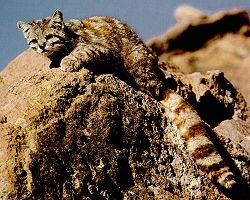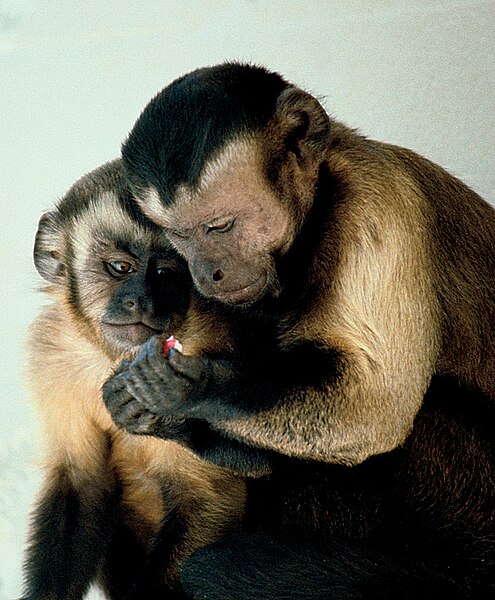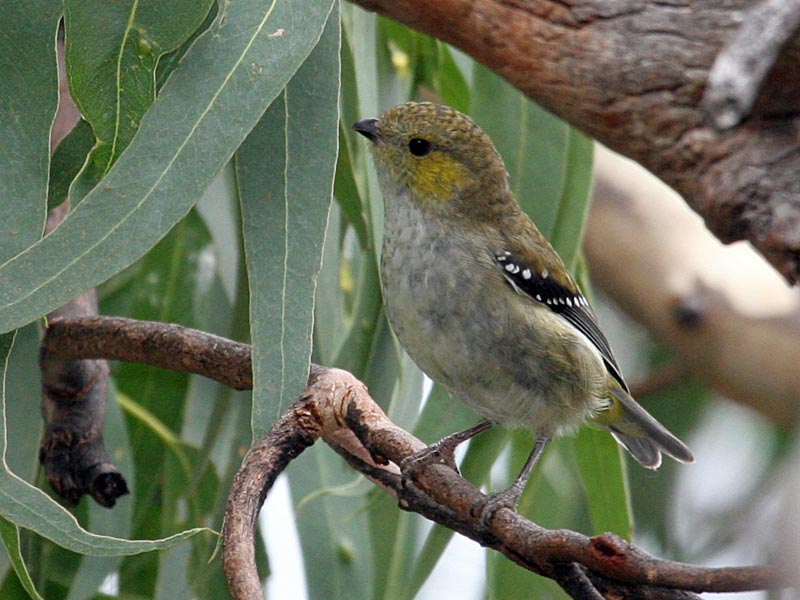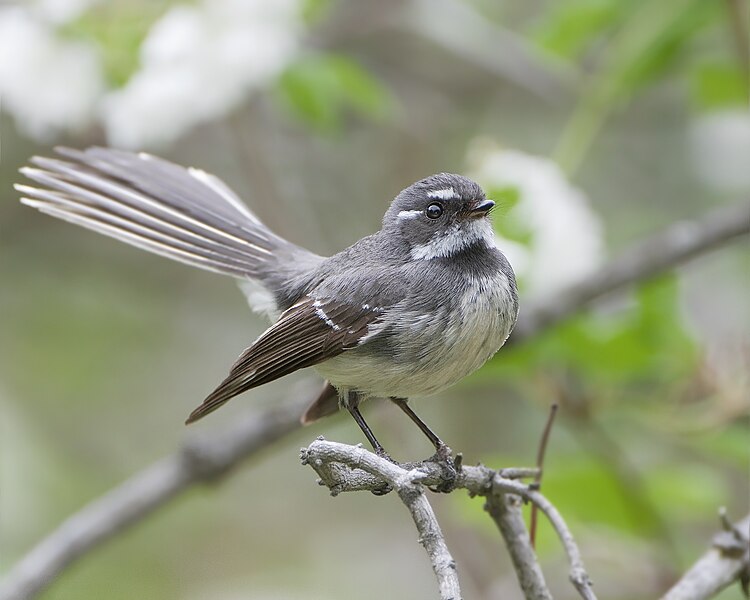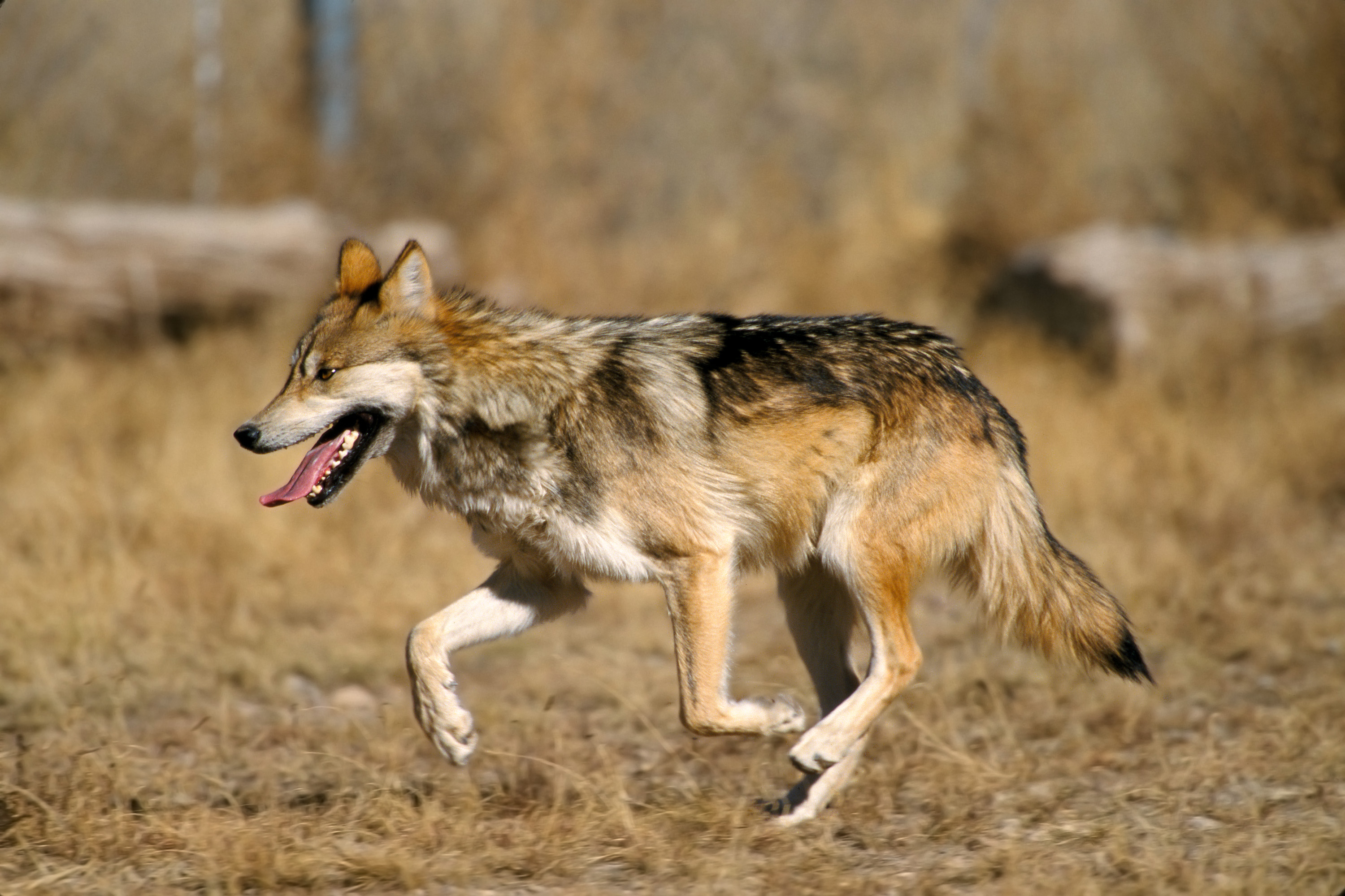
Posición: Coordinador de Proyecto Carey, Cayos Perlas, Nicaragua
Ubicación: Pearl Lagoon/Pearl Cays, costa Caribe de Nicaragua
Período: 4 de Junio 2013 a 4 Febrero 2014, con posibilidad de extendención
Fecha límite de aplicación: 15 de Mayo de 2013, o hasta que la posición esta ocupada
Información General
El Programa de Conservación de Tortugas Marinas en Nicaragua de la Wildlife Conservation Society (WCS) ha desarrollando un proyecto de conservación e investigación en los Cayos Perlas desde 1999. Los Cayos Perlas son un conjunto de 22 cayos donde aproximadamente 250 nidadas de carey son depositadas cada año, representando la mayor colonia de carey que queda en el Caribe centro-occidental. Personal local lleva a cabo censos diarios para contar y reubicar nidadas, en caso de que sea necesario, y alentar la cooperación de los pescadores locales. También se realizan patrullas nocturnas durante los meses del pico de anidación para marcar y tomar datos biométricos a hembras anidadoras. Antes del inicio de este proyecto cerca del 100% de las nidadas eran saqueadas por pescadores locales para consumo. Tras trece años de actividades de conservación, el nivel de saqueo ha disminuido progresivamente hasta menos de un 20% anual. Las hembras anidadoras también eran frecuentemente sacrificadas antes del inicio del proyecto y ahora muchas son donadas vivas al proyecto para ser marcadas y liberadas. Nuestro trabajo en la zona fue decisivo para la creación del Refugio de Vila Silvestre Cayos Perlas, declarado oficialmente por el gobierno de Nicaragua en noviembre de 2010. El proyecto ha recibido un gran apoyo por parte de los habitantes locales del área de los Cayos Perlas y de las autoridades gubernamentales a nivel local, regional, y nacional. Para más información por favor visitar nuestro sitio web (http://www.wcs.org/saving-wild-places/ocean/pearl-cayes-nicaragua.aspx).
Responsabilidades
Supervisar, coordinar y administrar las actividades del proyecto, bajo la supervisión de la Directora/Coordinadora del Proyecto de Conservación de Tortugas Marinas en Nicaragua y en estrecha colaboración con el supervisor de campo local. Colaborar en actividades de puesta en marcha del proyecto carey. Trabajar con el personal de campo local para garantizar la correcta recolección de datos, coordinar y supervisar las actividades diarias del personal local que realiza trabajo de campo en los Cayos Perlas y los cambios semanales del equipo, así como ayudar con el trabajo de nocturno de patrullaje durante el pico de anidación. Pagar al personal del proyecto y mantener las cuentas de los gastos del proyecto; mantener las bases de datos; resumir los datos; redactar informes de radio semanales, informes periódicos de los avances del proyecto y el informe final (español e inglés); asistir en la redacción de propuestas; y ayudar con el mantenimiento de bote y motor. Ayudar a mantener el contacto con personal de instituciones locales, regionales y nacionales, incluyendo las universidades y el gobierno. Ayudar con otras actividades del programa de tortugas marinas, según el tiempo lo permita. También existe la posibilidad de realizar futuras investigaciones o laboral con el Programa de Conservación de Tortugas Marinas en Nicaragua.
Requisitos
Preferiblemente, grado de Maestría en Biología de Vida Silvestre/Conservación/Marino o campo relacionado, mínimo de 1 año de experiencia trabajando con anidación de tortugas marinas (incluyendo marcaje y toma de datos biométricos), buenas capacidad de redacción y comunicación, experiencia con análisis estadísticos básicos, debe ser bien organizado, flexible, y capaz de efectuar varias tareas al mismo tiempo, interesado en trabajar con comunidades locales, y con experiencia como supervisor. Se requiere fluidez (escrita y hablada) en español e inglés. Se prefiere personas que manejen botes y con experiencia internacional (para candidatos no nicaragüenses). Debe ser capaz de trabajar bajo condiciones duras y demandantes de trabajo de campo y dispuesto a trabajar más de 40 horas por semana, especialmente durante el pico de la anidación. Experiencia con programas de Microsoft Office, en especial Access, Excel, y Word.
Salario: Depende según experiencia laboral.
Por favor aplicar online en: http://www.wcs.org/about-us/careers. Ademas de la aplicación online, por favor enviar una carta de presentación describiendo experiencia previa con tortugas marinas e investigación de campo, planes de carrera, por que le gustaría trabajar con WCS en el Programa de Tortugas Marinas de Nicaragua, y su Curriculum Vitae a wcsnica AT gmail.com.









